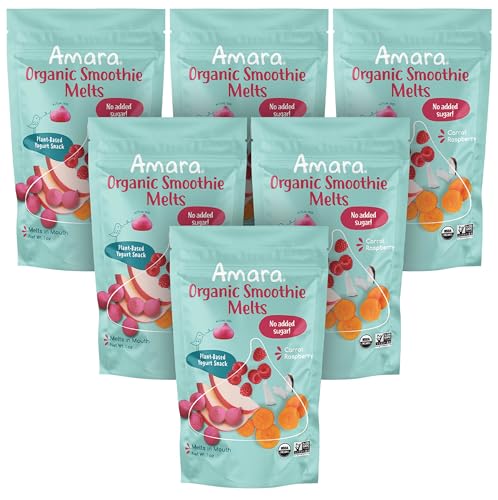Willow Blue
Well-known member
All of my adults came from another breeder. The sweetest is my buck. He insists that we rub him down if we go anywhere near his cage. If we don’t he throws a fit by kicking his cage floor over and over to get our attention. He absolutely loves getting attention from us but he will not let us pick him up. The doe’s tolerate me but they don’t really like being petted now that they have kits and they also claw me up pretty bad when I need to pick them up.
I want to raise the kits to be more cooperative. Is there a strategy involved? So far I just go and pet them everyday and pick them up as much as I can. The one month olds are already getting kicky and their nails are like little needles. What is the trick to getting your rabbits to allow you to pick them up without all the nervous kicking? My poor skin…
I want to raise the kits to be more cooperative. Is there a strategy involved? So far I just go and pet them everyday and pick them up as much as I can. The one month olds are already getting kicky and their nails are like little needles. What is the trick to getting your rabbits to allow you to pick them up without all the nervous kicking? My poor skin…



















































